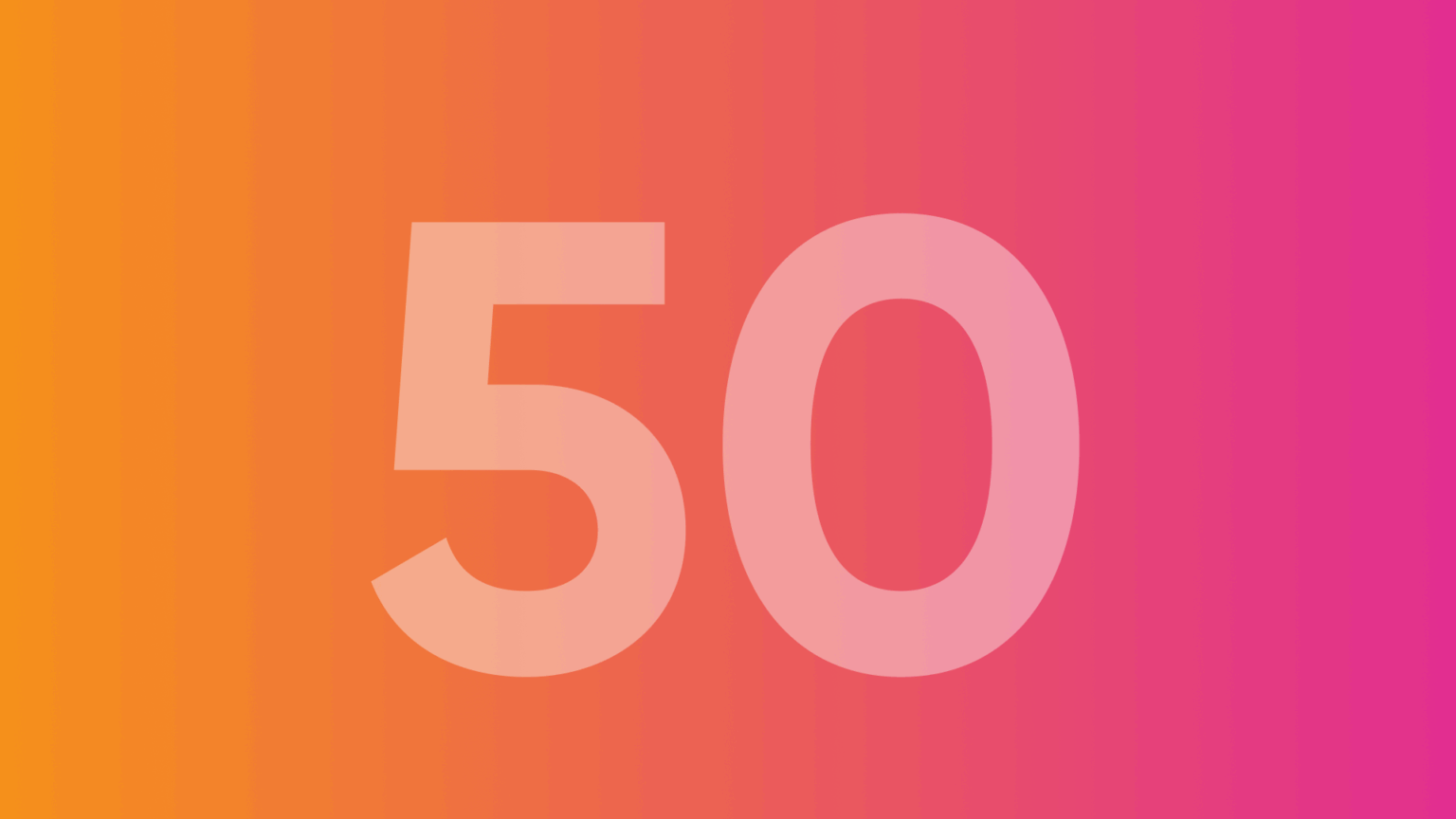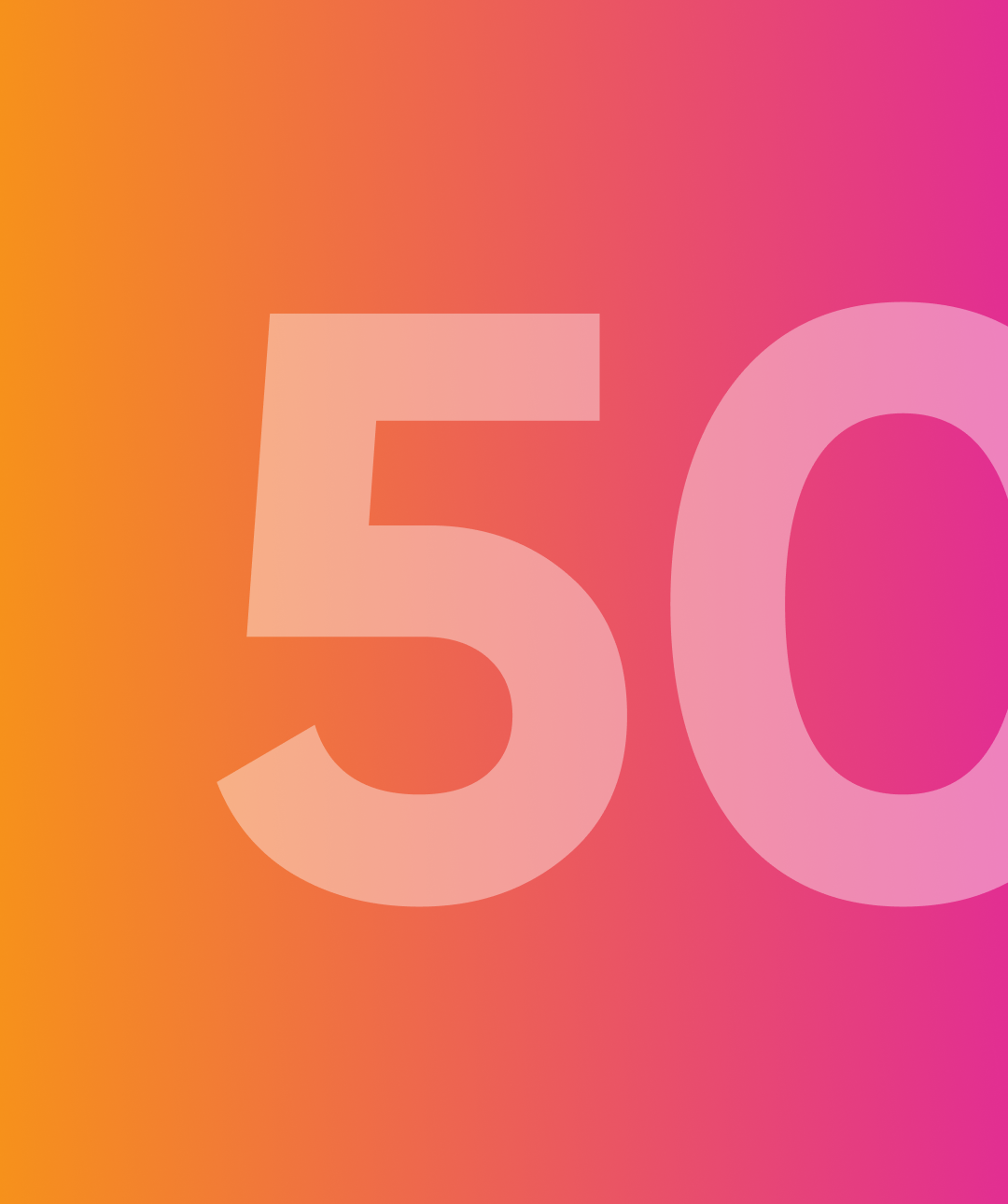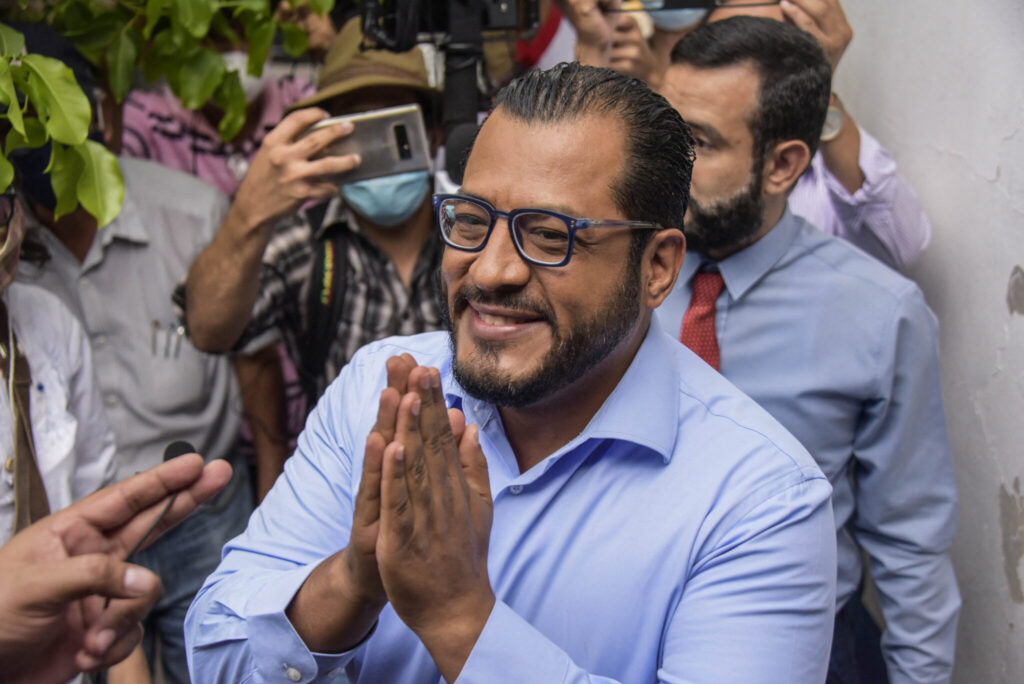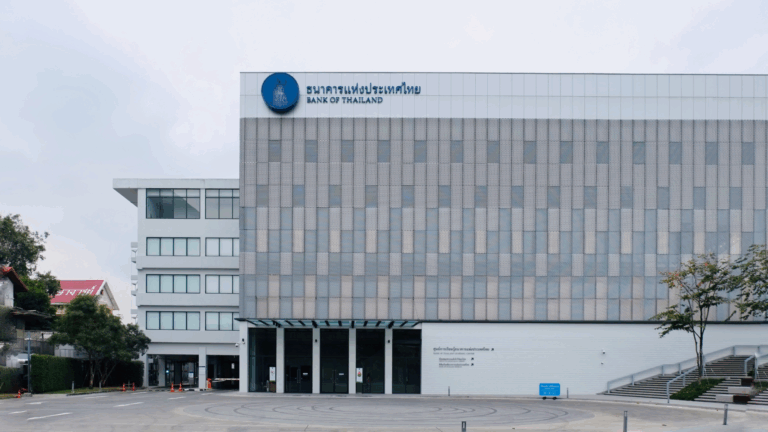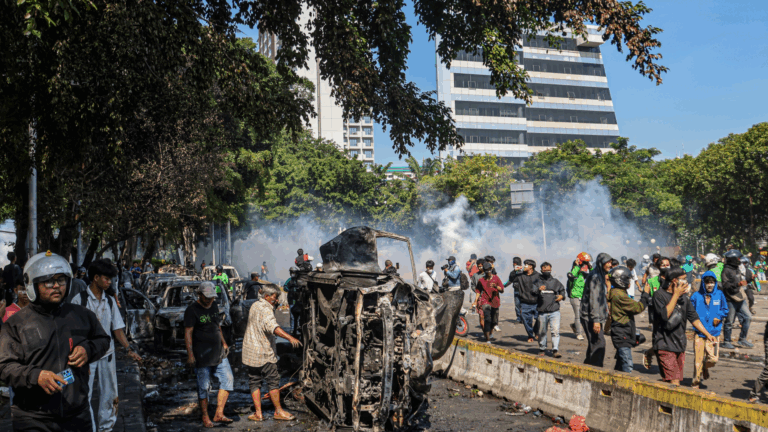The Financial Freedom Report is a newsletter focusing on how currency plays a key role in the civil liberties and human rights struggles of those living under authoritarian regimes. We also spotlight new tools and applications that can help individuals protect their financial freedom.
Good morning, readers!
This week, we celebrate a special milestone: the 50th edition of our newsletter and the 1-year anniversary of the Financial Freedom Report. Over the past 12 months, we’ve uncovered how authoritarian regimes use financial repression to silence dissidents — by freezing bank accounts, devaluing currencies, and introducing CBDCs to tighten their control. These tactics have devastated millions of people, wiping out the savings of top government critics and pulling citizens further into authoritarian rule.
Yet, even in the face of such oppression, resilience shines through. Around the world, citizens are pushing back using Bitcoin and other open-source freedom technologies. These unstoppable tools help dissidents protect their freedom to transact and their freedom of speech, even under the harshest regimes. As we look ahead to another year, we remain committed to sharing these stories and highlighting the technologies enabling individuals to secure their financial freedom and human rights. Thank you for being a part of this journey and for your continued support as a valued reader.
Now let’s dive into this week’s updates.
In Russia, a new draft law would prevent individuals and organizations labeled as “foreign agents” from accessing their money until the status is revoked. This broad and ambiguous term targets those critical of the state or receiving foreign funding, leaving them financially vulnerable in an already restrictive environment. Meanwhile, Nigeria’s inflation surged to 33.88% in October, marking a new acceleration in devaluation.
Thankfully, this week also heralds new developments in financial privacy, including a new native Silent Payments wallet under development called BlindBit. Silent Payments enable users to receive Bitcoin through a static address while maintaining privacy, as only the sender and receiver can link transactions on-chain. This feature is beneficial for activists and nonprofits, allowing them to accept donations securely and anonymously, even in high surveillance or authoritarian environments.
We conclude with a powerful new essay in Journal of Democracy by Nicaraguan political activist, Félix Maradiaga. He shares his personal experience of financial repression under Daniel Ortega’s regime, offering a vivid account of how dictatorships use financial systems to consolidate power.
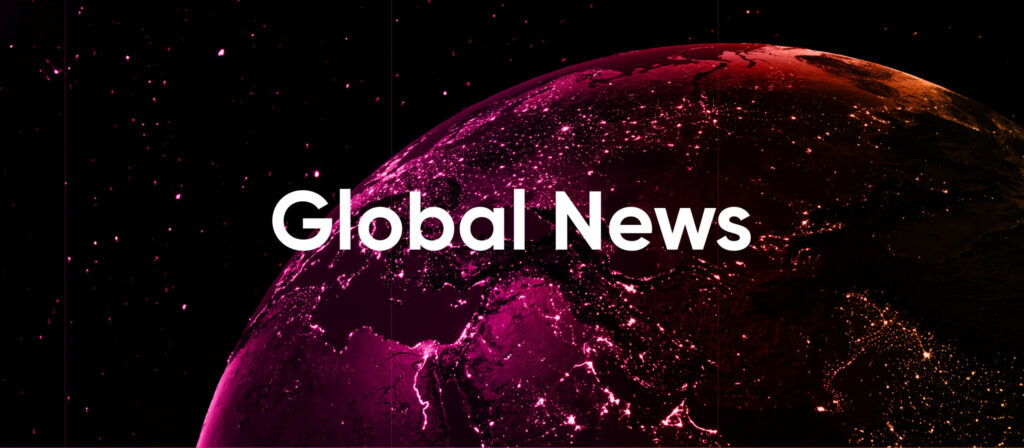
Russia | Draft Law Prevents ‘Foreign Agents’ From Accessing Money
A proposed Russian law seeks to prevent individuals and organizations labeled as foreign agents — a vague designation applied to critics of the state — from accessing money earned in Russia until their status is revoked. The legislation further mandates that all income derived from intellectual or creative activities, such as journalism, art, or research, be deposited into a ruble-denominated account. Courts would be empowered to seize these funds and transfer them to the state if deemed appropriate. This law threatens to cut off essential funding for journalists, human rights defenders, and NGOs. If enacted, the law would lay waste to any remnants of independent media, silence dissent, and further strangle civil society in a country already marked by severe state repression.
Mozambique | Unrest and Debt Crisis Push Frelimo to the Brink of Default
For more than half a century, the ruling Frelimo party has dominated Mozambique’s political landscape, but recent citizen unrest threatens their long-standing rule. Decades of financial mismanagement have left the regime increasingly reliant on the central bank for financing, doubling local currency debt since 2020. This leaves citizens struggling to keep pace with the rising cost of living. Disputed election results ignited violent protests as citizens desperate for social and financial reform pushed back against a government prioritizing debt servicing and the consolidation of power over its people. This collision of political and economic instability casts doubt on Frelimo’s ability to maintain political control while managing tight finances strained by a population demanding change.
Nigeria | Inflation Accelerates Increasing Food Insecurity
Nigeria’s inflation rate surged to 33.88% year-over-year in October, marking a new re-acceleration, according to the National Bureau of Statistics (NBS). Escalating prices for essentials like water, food, and electricity are making it increasingly difficult for Nigerian families to make ends meet. Acute malnutrition now threatens 5.4 million children and 800,000 pregnant women, and international organizations warn the number of Nigerians struggling with food insecurity will reach 33 million in the coming year. Irresponsible fiscal governance, restrictions on financial alternatives (like Bitcoin), and repression of dissenters only compound the crisis.
Hong Kong | Crackdown on Pro-Democracy Activists
In Hong Kong, 45 pro-democracy activists are facing sentencing under Beijing’s national security law, which criminalizes dissent and gives authorities sweeping powers to silence opposition. These activists, including politicians and youth leaders, were charged with subversion for organizing an “unofficial” pro-democracy primary election in 2021. The crackdown extends beyond politics, though, as many activists face frozen bank accounts, limited access to financial services, and constant surveillance. This crackdown marks one of the harshest actions under the new law and highlights the rapid loss of freedoms promised under the “one country, two systems” framework.
Pakistan | Regulated VPNs Deepen Financial and Digital Repression
Pakistan’s military regime escalated Internet censorship by mandating that all Virtual Private Networks (VPNs) be registered with the state. It even requires users to submit personal details such as national identity card numbers and IP addresses. This crackdown erodes the privacy and freedoms VPNs offer, leaving citizens increasingly vulnerable to surveillance and control and stifling the flow of information. In a country where Internet disruptions and bans on platforms like X are commonplace, restricted VPN access could limit access to financial freedom tools like Bitcoin (which to some degree rely on access to on and off ramps like digital asset exchanges). The regime may further isolate Pakistanis from decentralized financial systems by tightening its grip on digital platforms and consolidating its control over information and financial activity.
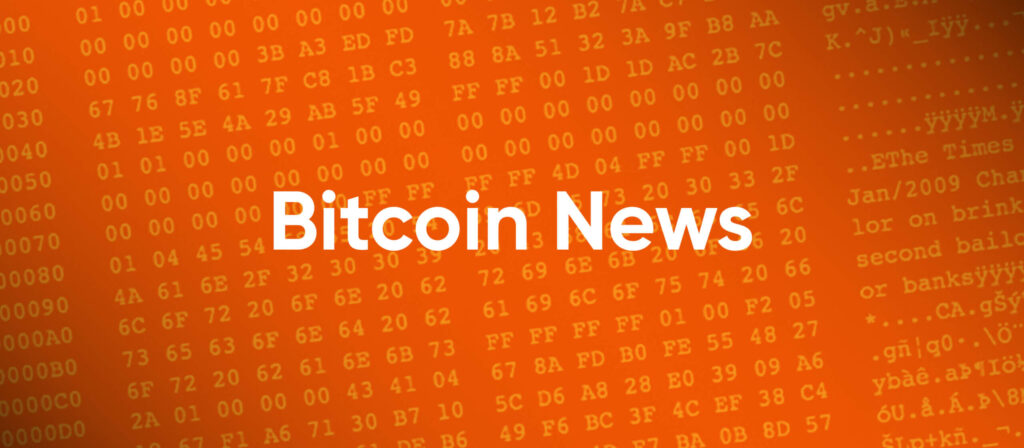
BlindBit | New Silent Payments Wallet Under Development
BlindBit is a new Bitcoin wallet under development by setavenger that supports Silent Payments. Silent Payments use static public keys to generate unique addresses for each transaction, enhancing privacy for recipients. This feature could be particularly valuable for activists and nonprofits, allowing them to receive Bitcoin donations more discreetly. While BlindBit is still in its testing phase and not yet suitable for significant funds, its progress highlights the importance of advancing Silent Payment wallets to improve privacy. You can test out the wallet here.
Blitz Wallet | Integrates PicknPay Payments
Blitz Wallet, a self-custodial Bitcoin and Lightning wallet, became the first to support MoneyBadgerPay’s PicknPay payment integration. This means that South Africans can pay with Bitcoin at any PicknPay store — a large retail chain similar to Walmart. Using Blitz, customers can ask to pay via QR code and then pay with Bitcoin through the Lightning Network or Liquid atomic swaps. This is a step toward making Bitcoin payments more practical and accessible for daily use in South Africa, where millions rely on cash or informal financial systems. Watch this tutorial to learn more about Blitz Wallet and how to use it.
OpenSecret | New Encrypted Backend for Applications
OpenSecret is a new encrypted backend for developers designed to help incorporate strong encryption by default in their applications. Developed by the Mutiny Wallet team, it provides a suite of security tools that store sensitive user data in a personal, encrypted vault accessible only to the user. This ensures data remains secure (even in the event of a breach) while also reducing the risks of identity theft and privacy leaks. For activists in high-risk regions, OpenSecret could offer a crucial layer of protection, safeguarding sensitive communications, data, and financial transactions from surveillance or misuse.
Block | Launches New Bitcoin Mining Subsidiary Proto
Financial services company Block launched Proto, its new suite of bitcoin mining products and services aimed at decentralizing the mining hardware supply and distributing Bitcoin’s hash rate. Proto’s offering includes a 3nm mining chip and a Mining Development Kit to make mining more accessible and customizable for developers and individuals. Moving forward, Proto will focus on advanced chips, mining equipment, and developer tools to further decentralize the Bitcoin network. Efforts like these are essential to maintaining Bitcoin’s open, uncensorable, and permissionless nature, ensuring it remains a tool for financial freedom and inclusion.
HRF’s CBDC Tracker | Wins Two Anthem Awards
HRF’s Central Bank Digital Currency (CBDC) Tracker won a 2024 Silver Anthem Award and the Anthem Community Voice Award for “Best Use of Data” in the Human & Civil Rights category. Celebrated by the Anthem Awards for its mission-driven impact, the tracker highlights the risks of CBDCs as tools for financial surveillance and control, particularly in authoritarian regimes. It also offers insights into how CBDCs affect financial privacy and freedoms globally and has been accepted into the SXSW 2025 program. Watch this explainer video to learn more.
OpenSats | Announces Long-Term Support For m1sterc001guy
OpenSats, a public nonprofit funding free and open-source projects and software, announced long-term grant support for m1sterc001guy, the primary maintainer of the Fedimint Lightning Gateway. The gateway plays a crucial role in connecting federated communities to the Lightning Network, enabling cost-efficient, private, and instant payments. This grant will enable him to focus on enhancing features of the gateway, including BOLT 12 support, building co-signing solutions with FROST, and improving overall usability. These changes will help establish Fedimint as a more versatile and private tool for Bitcoin custody and payments.
Recommended Content
How Dictators Use Financial Repression Against Their Opponents by Félix Maradiaga
In this compelling essay for the Journal of Democracy, Nicaraguan political activist Félix Maradiaga discusses the financial tactics authoritarian regimes use to silence dissent. Drawing from his personal experience in Nicaragua (where he and his family faced immense financial repression at the hands of Daniel Ortega), Maradiaga sheds light on how governments exploit financial systems to target political opponents, restrict access to resources, and stifle civil society. He emphasizes the importance of tools like Bitcoin in resisting these abuses, offering hope for activists and dissidents seeking autonomy in oppressive environments. Read the full article here.
PAID IN BITCOIN by BTCPay Server
In this new documentary, HRF grantee and open-source Bitcoin payment processor, BTCPay Server, offers an inside look at the use of Bitcoin for real-world payments during the Bitcoin 2024 conference in Nashville, Tenn. It is a demonstration of Bitcoin’s potential as a viable payment method — an especially valuable use case in regions of the world where authoritarian regimes restrict transactional freedom. Watch the full documentary here to see how Bitcoin empowers individuals with peer-to-peer, unstoppable payments worldwide.
– If this email was forwarded to you and you enjoyed reading it, please consider subscribing to the Financial Freedom Report here.
– Support the newsletter by donating bitcoin to HRF’s Financial Freedom program via BTCPay.
– Want to contribute to the newsletter? Submit tips, stories, news, and ideas by emailing f[email protected].
– The Bitcoin Development Fund (BDF) is accepting grant proposals on an ongoing basis. The Bitcoin Development Fund is looking to support Bitcoin developers, community builders, and educators. Submit proposals here.


